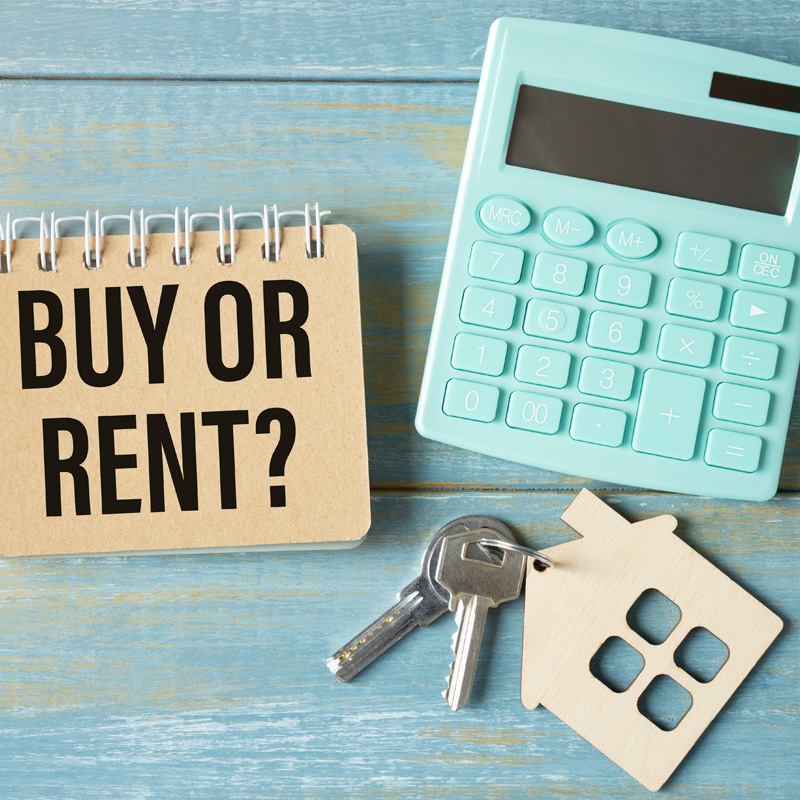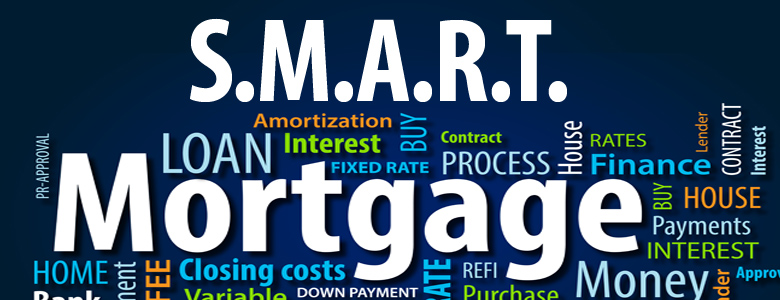 You’re out having drinks with Lucky McDuck and your phone pings to let you know your landlord has extorted a sizeable sum from your bank account again (no, it’s not phishing – they call it ‘rent’). Meanwhile, the McDuckster is bragging about the vacation he’s planning thanks to his line of credit against the house he just bought on the eve of the pandemic – it’s increased in value by more than 20%! Don’t fear – you don’t have to miss out. Housing values will continue to climb. Act strategically, and you too can ride the elevator in the building they call ‘wealth.’
You’re out having drinks with Lucky McDuck and your phone pings to let you know your landlord has extorted a sizeable sum from your bank account again (no, it’s not phishing – they call it ‘rent’). Meanwhile, the McDuckster is bragging about the vacation he’s planning thanks to his line of credit against the house he just bought on the eve of the pandemic – it’s increased in value by more than 20%! Don’t fear – you don’t have to miss out. Housing values will continue to climb. Act strategically, and you too can ride the elevator in the building they call ‘wealth.’
But Interest Rates Are Rising…
It’s true – the recent 2 percentage-point rise in interest rates adds approximately $115 to the monthly payment for every $100,000 you borrow on a 30-year loan. This means you need to work carefully with a lender to explore all your financing options for maximum affordability. That might mean considering a 7-10 year ARM in some cases, taking advantage of low-down-payment first-time buyer options, or exploring homes that require a bit of sweat equity.
But from a historical perspective, rates aren’t that high. The average interest rate in the ‘80s? 12.70%. The ‘90s? 8.12%. The 2000s? 6.29%!
The question is, how much will your rent go up? Grand Rapids ranked in the top 20 most competitive renter’s market in the nation, with 97% occupancy, according to Rent Café. Nationally, rents rose by more than 10% last year. Grand Rapids is one of the top 30 cities nationally in which to own a rental property, according to Roofstock.com. Maybe you should consider buying a duplex!
First Time Buyer Advantages
If you’re credit-worthy, are able to get pre-approved, and are able to afford a mortgage that is similar to your current rent, it can still advantageous to buy despite the inflationary market. In fact, doing so may protect from inflation:
- You will have a predictable mortgage payment each month
- You will be building equity vs. paying rent.
- You may qualify for mortgage interest deduction
- You will benefit from appreciation – homeowners typically have a net worth that’s 40 times greater than renters, and growing, according to the Federal Reserve’s Survey of Consumer Finances
Getting Started
Start your quest with a strategic assessment of your credit, a rock-solid pre-approval process, and an affordability assessment so you know your ceiling in a bidding war. Then get ready to say goodbye to FOMO-HO!







